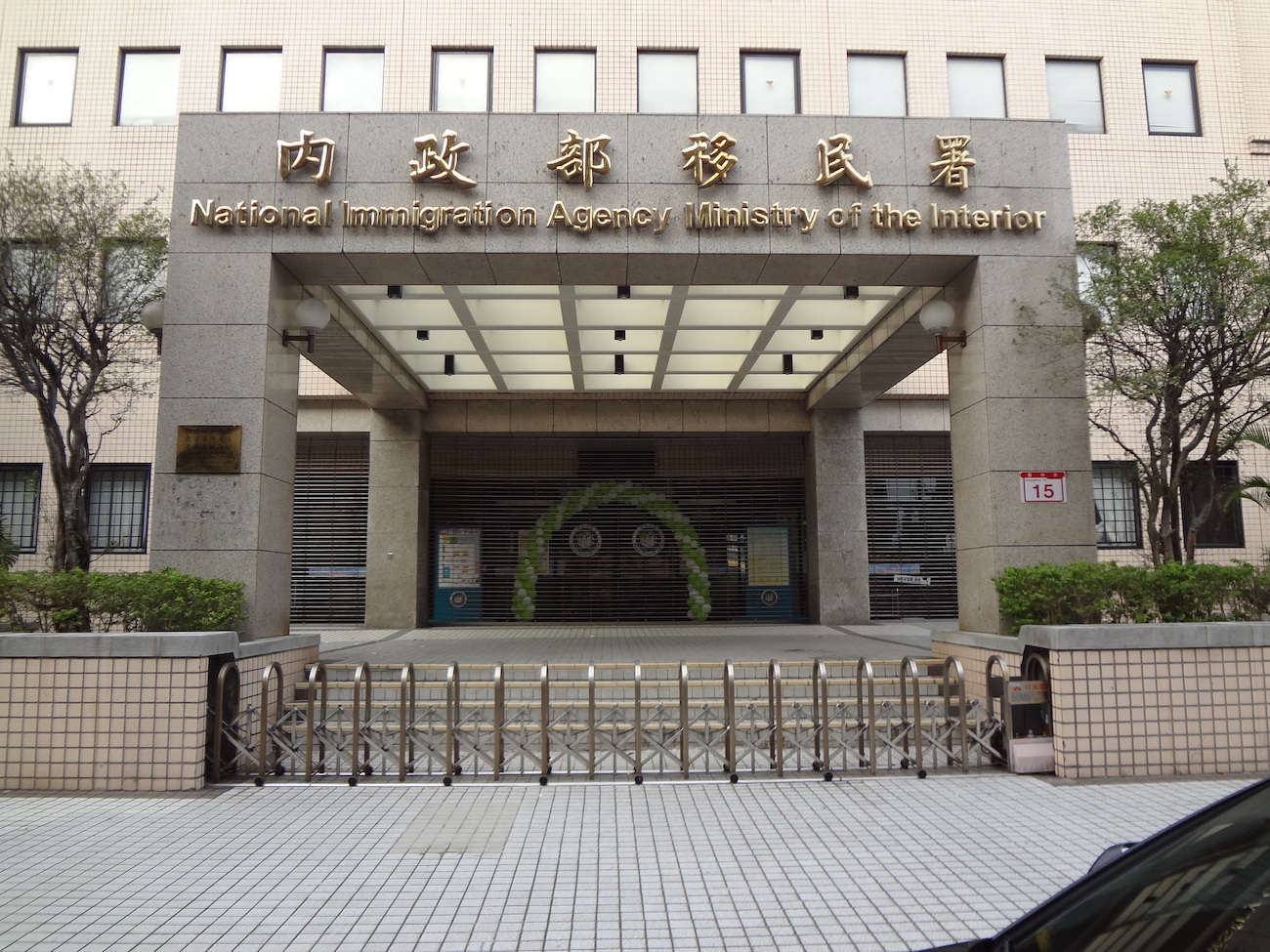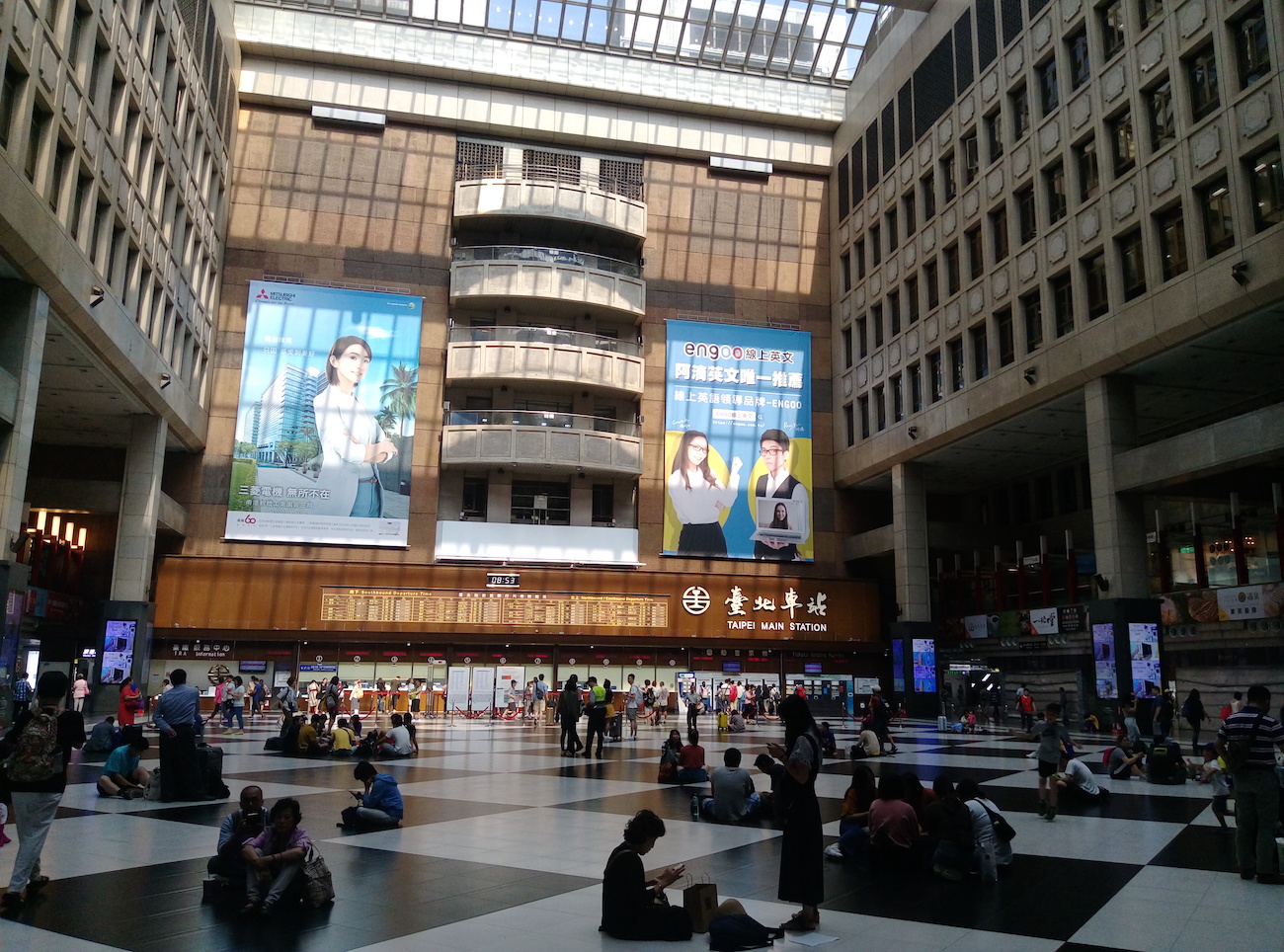by Brian Hioe
語言:
English
Photo Credit: SElefant/WikiCommons/CC
EFFORTS TO VACCINATE undocumented migrant workers or migrant workers who have left their employers and overstayed their visas in Taiwan are likely to encounter difficulties after police arrested a migrant worker from the Philippines who had overstayed her visa. This took place after she went to be vaccinated, despite promises by the Central Epidemic Command Center (CECC) that undocumented migrant workers who wish to be vaccinated can do so without fear of arrest.
The migrant worker in question had overstayed her visa by 700 days. Reports are somewhat unclear about what took place, but she was either reported by Taiwanese individuals waiting to be vaccinated or because she had a dispute with medical staff at the vaccination center due to her lack of documents. Police and medical workers may not have been aware of the amnesty policy.
After the arrest, she was later released, following vaccination. Among those to vow that there would be no repeat of this incident have been Minister of Labor Hsu Ming-chun. Tai Chung-hsien, the head of the National Police Agency, has made similar assurances. Legislators also asked about the incident in the Legislative Yuan, raising concerns that such an incident could take place again in the future.
 Photo credit: Solomon203/WikiCommons/CC
Photo credit: Solomon203/WikiCommons/CC
Nevertheless, news of the incident is likely to discourage migrant workers from being vaccinated. The National Immigration Agency (NIA) has also made comments that migrant workers who are undocumented or have overstayed their visas will be still be arrested if they are caught elsewhere.
These comments may undercut assurances by the government that migrant workers will not be deported if they go to be vaccinated. Likewise, the amnesty program rolled out by the CECC still requires migrant workers to pay fines and surrender their ARC in at least some cases, and so this may further discourage migrant workers from being vaccinated.
This is not the only such incident to take place in recent memory, in which government bureaus did not seem to be on the same page regarding testing or vaccination policies for migrant workers who are visa overstayers. The CECC previously announced that migrant workers who wished to be tested for COVID-19 would not have their employment status checked in hospitals.
Nevertheless, this met with resistance from the NIA. In particular, the National Immigration Agency is a government bureau with roots in Taiwanese law enforcement, as a result of which its actions directed at migrant workers have been criticized as assuming criminality. Though the CECC’s views won out, one also expects that this policy was seen by the NIA as undermining their work, possibly resulting in bureaucratic conflict between different branches of government.
Such bureaucratic conflict is not uncommon in Taiwan, with different branches of government engaging in what are effectively turf wars about issues that they see as their jurisdiction. This hampers the implementation of policy or leads to policy not being implemented despite directives to do so.
Contention about vaccination efforts directed at migrant workers takes place at the same time as efforts by the Tsai administration to boost vaccination, including vaccination drives at the Taipei Main Station.
Similarly, a slew of COVID-related measures directed at migrant workers have been rolled out. This includes a new requirement that employers pay for COVID insurance for migrant workers they hire and a points-based system for assessing risk based on where migrant workers are coming from.
 Photo credit: Dquai/WikiCommons/CC
Photo credit: Dquai/WikiCommons/CC
At the same time, one notes that during this timeframe, there have been increased police detentions of individuals on the suspicion of being migrant workers. This has led to controversy when police violently detained individuals who were not migrant workers, or released migrant workers that they had improperly detained a significant distance from their homes, forcing them to walk back to their homes.
More generally, migrant workers have faced restrictions on their freedom of movement since June, with the outbreak of COVID clusters at factories in Miaoli that employed migrant workers resulting in migrant workers being detained in their dormitories. However, police seem to have stepped up action against migrant workers as of late. With Taiwan thought to have more than 50,000 migrant workers that have overstayed their visas, this is why the CECC has advocated amnesty policies, so as to encourage them to be tested for COVID-19 or to be vaccinated, with the view that otherwise they could prove to be a loophole in efforts to fight COVID-19.
Yet police have instead adopted the approach of trying to catch all of these migrant workers instead. This is in line with how Taiwan stepped up police activity to maintain measures against COVID-19, shrugging off calls from civil society to minimize police activity instead.

